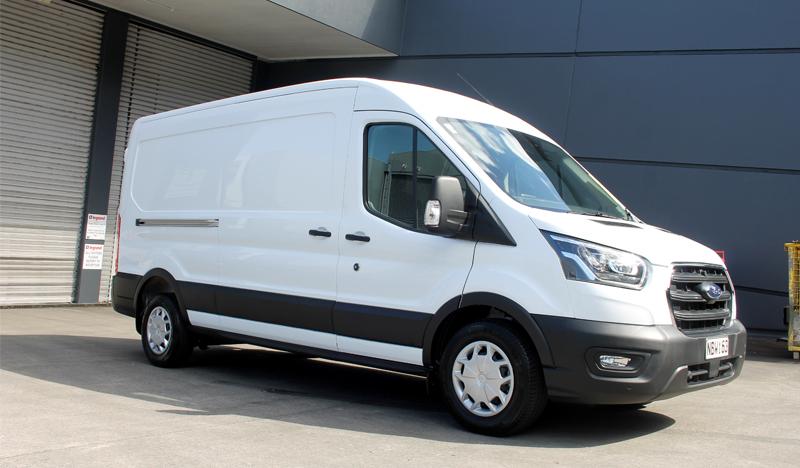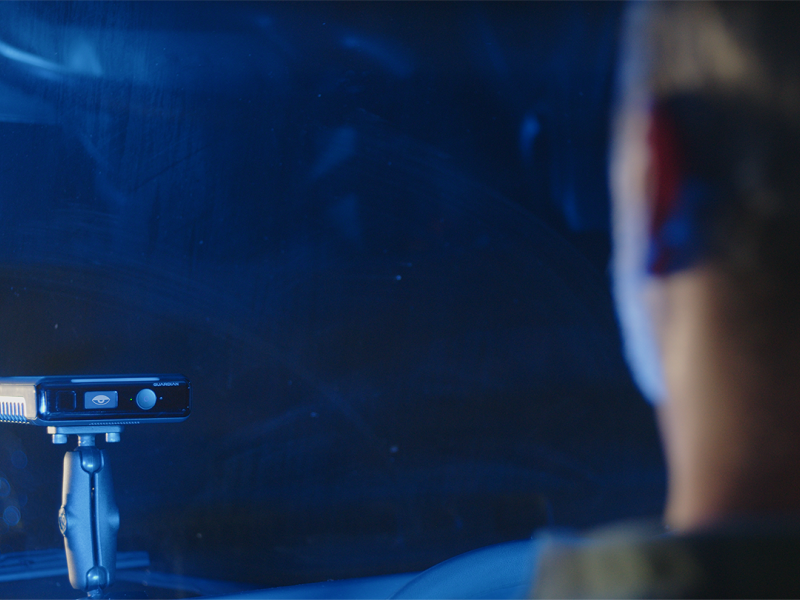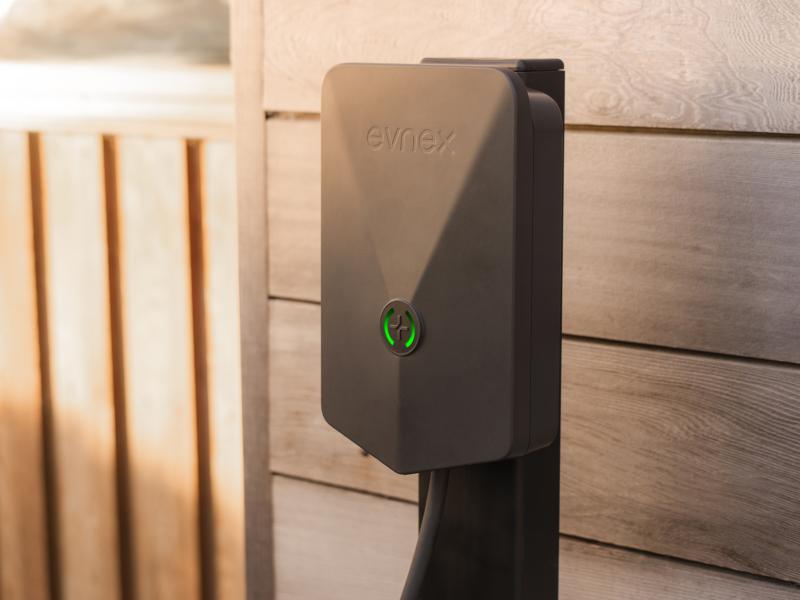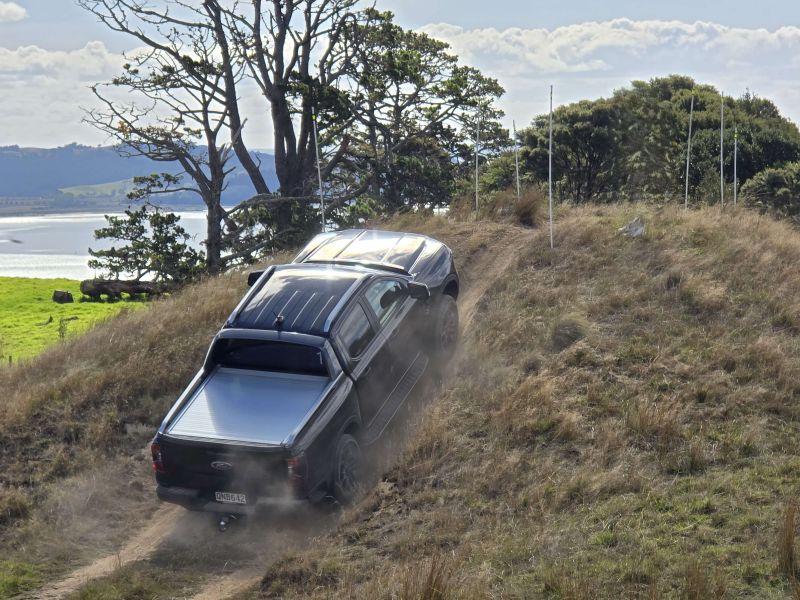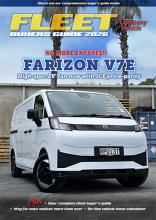I can’t see Steve McQueen manhandling a white van through the streets of San Francisco, but…
Mr McQueen may find the handling a little different than the Mustang he helped make famous, but the current Ford Transit Cargo (that’s the big one for those who needed to know) shares a few characteristics with Ford’s muscle car.
In the first instance, the new Transit now offers rear-wheel-drive, just like the Mustang.
While RWD used to be the way of the world for light commercial vans, as cars took on FWD systems, RWD vans became less fashionable.
Some van makers continued to produce RWD vehicles, but Ford wasn’t one of them – until now.
The RWD van has many advantages over FWD:
• They can carry heavier loads.
• They are simpler to maintain.
• They have smaller turning circles since the steering is unencumbered with drive systems.
• They handle better as the driveshaft provides even fore to aft distribution of weight.
• There is no risk of torque steer (the influence of the engine output on steering).
• They tow better and they tow more.
On this last, the 2021 Transit Cargo vans are rated to tow 2800kg instead of the FWD 1875kg limit.
The extra towing capacity – when utilised – improves the handling of a rear wheel drive through the improved traction which comes about through more weight. Thus, it follows the closer to maximum load out you can get into the back of the Transit, the better it will handle.
Is RWD the only common ground between the Transit and the Mustang? No. Both vehicles, as different as they are, share the 10-speed transmission Ford collaborated on with GM back in 2017.
For the Transit application, the 10-speed allows increased engine flexibility or more options for the engine to operate at its greatest efficiency.
When the van is required to deliver peak power, the extra gears allow the engine to operate in its ‘sweet spot’. At cruising speeds, the higher gears can take the load off the engine to save fuel.
When the vehicle doesn’t need all that power, the transmission can enter a higher gear where the engine isn’t working as hard and is saving fuel instead.
As such, the two-litre turbodiesel Transit Cargo quotes 7.3 litre/100km fuel consumption and 193gm/km CO2 figure, while outputting 125kW and 390Nm of torque.
For its 2021 Transit, Ford has installed a raft of standardised safety features found in its passenger line vehicles, including blind spot monitoring with cross traffic assist, lane departure warning and lane keeping assist, roll over mitigation and roll stability control, torque vectoring control, curve control, adaptive cruise control, parking sensors and a reversing camera, among others.
The camera feed plays to the eight-inch display screen which – being multifunctional – also displays the SYNC3 infotainment package with its voice command facility, Apple CarPlay and Android auto functionality, Bluetooth and the satellite navigation system.
Good enough, but the Transit also gains FordPass connectivity, using a cellphone app to connect the van to the driver for remote vehicle unlocking and locking as well as engine start, the van to the Ford service network for service and maintenance reminders and van to dispatcher for real time vehicle location monitoring.
All the safety features go a long way to making the Transit a popular light commercial vehicle choice, and will continue to see it as such for a long time to come.


